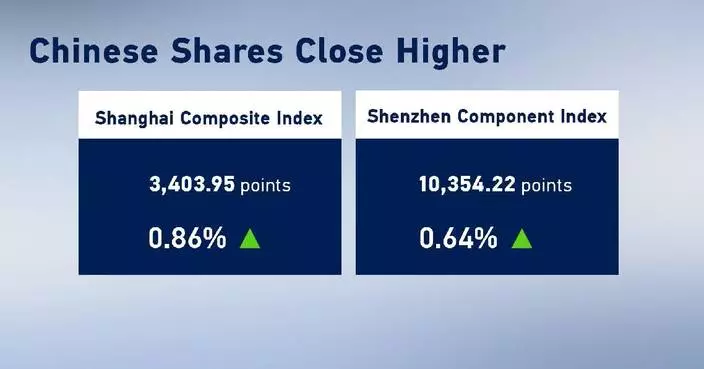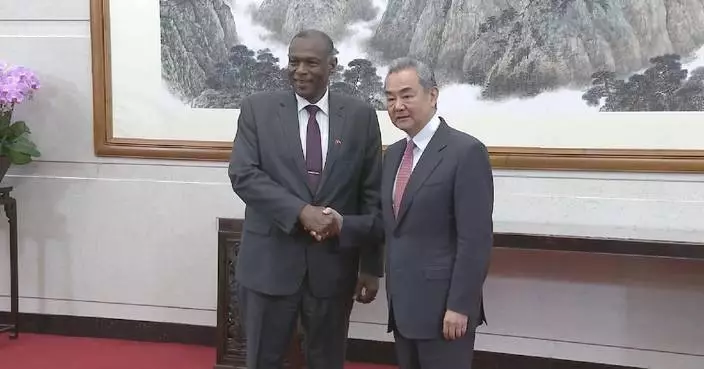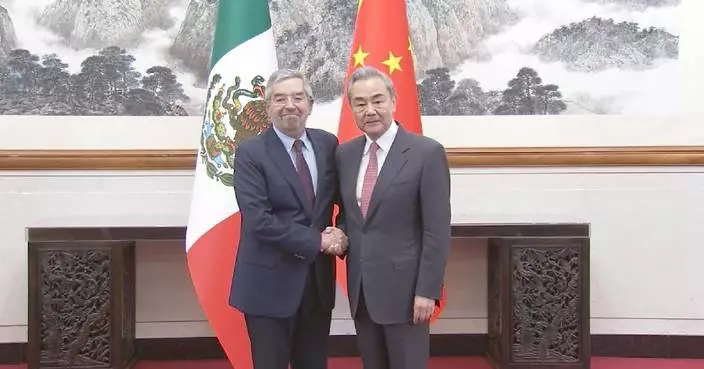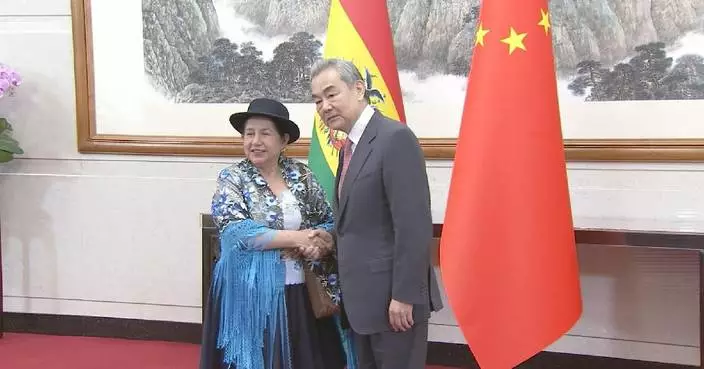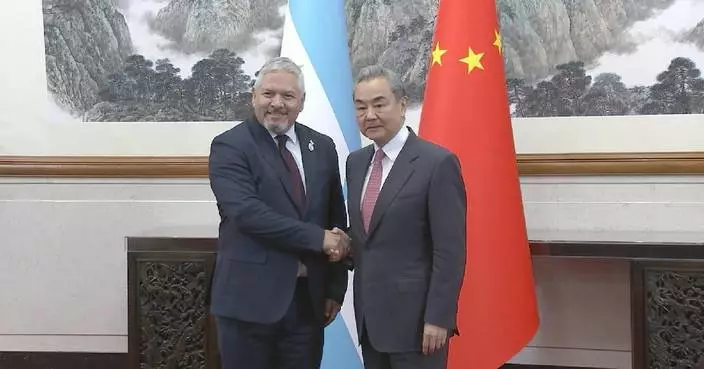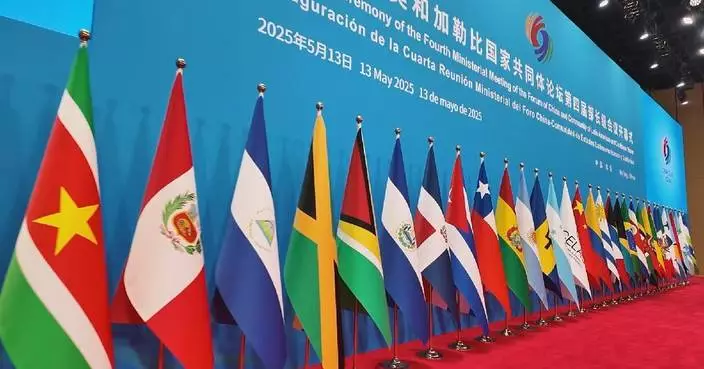Parts of north China recorded some of their coldest temperatures this winter in recent days, with thermometers plummeting as low as minus 40 degrees Celsius as a frigid cold gripped the region.
Hulun Buir, a city in north China's Inner Mongolia Autonomous Region, recorded a temperature of minus 40 degrees Celsius on Sunday.
In Alongshan, the mercury dropped to minus 44 degrees Celsius, the coldest temperature in the town this winter.
The towns of Yitulihe and Mangui were shrouded in ice fog, severely reducing visibility. Vehicles crawled along with fog lights on, while pedestrians, wrapped up tightly against the cold, had thick frost accumulating on their hats and eyelashes
"The wind feels like needles on the face. We dare not stop working. If we do, we'll freeze completely," said a sanitation worker.
According to the local meteorological agency in Hulun Buir, 13 of the city's 45 weather monitoring stations reported temperatures below minus 40 degree Celsius from Saturday morning to Sunday morning.
Light snow is expected in parts of Hailar throughout the week.
Meanwhile, in Daxing'anling, a prefecture in northern parts of Heilongjiang Province, temperatures also plummeted dramatically.
On Saturday, temperatures dropped to minus 41.5 degree Celsius in Huzhong District, causing the fur of local dogs to be frosted white from the cold.
Despite the extreme temperatures, the Humar River continues to flow, presenting a unique spectacle.

Temperatures drop below minus 40 degrees Celsius in parts of north China
As China's elderly population grows, shopping malls in Shanghai have actively adapted part of their services to cater to the needs and preferences of elderly consumers, tapping into silver-haired consumer market.
This trend reflects the city's efforts to enhance elderly care services amid the population aging. By the end of 2023, people aged 60 and older reached 5.68 million in Shanghai, representing a whopping 37.4 percent of the city's total population.
A shopping mall on the downtown Nanjing East Road pedestrian street has opened a dedicated club for senior citizens, offering a diverse range of activities from the operation of health workshops to traditional handicraft classes.
"I gain a lot every time I come here. I can participate in various club activities and also exchange knowledge and everyday life hacks with others," said Fu Meilin, an elderly resident.
The mall houses nearly 60 time-honored brands, along with dining and entertainment options suited to senior citizens.
Another business district in Shanghai's Putuo District has adopted a different approach, focusing on attracting retirees during weekdays while catering to younger shoppers on weekends.
Restaurants offer affordable off-peak meal deals priced under 100 yuan (about 13.88 U.S. dollars), attracting a large number of senior customers.
To ensure a convenient and enjoyable shopping experience for the elderly, many shopping malls have conducted age-friendly renovations, including providing comfortable seating areas, accessible restrooms, and consumer guidance services for the elderly shoppers.
Driven by the population aging, China's "silver economy" has shown vast growth potential, with the market currently estimated at around seven trillion yuan and projected to reach a 30 trillion yuan by 2035.

Shopping malls in Shanghai adapt to cater to growing 'silver economy'






